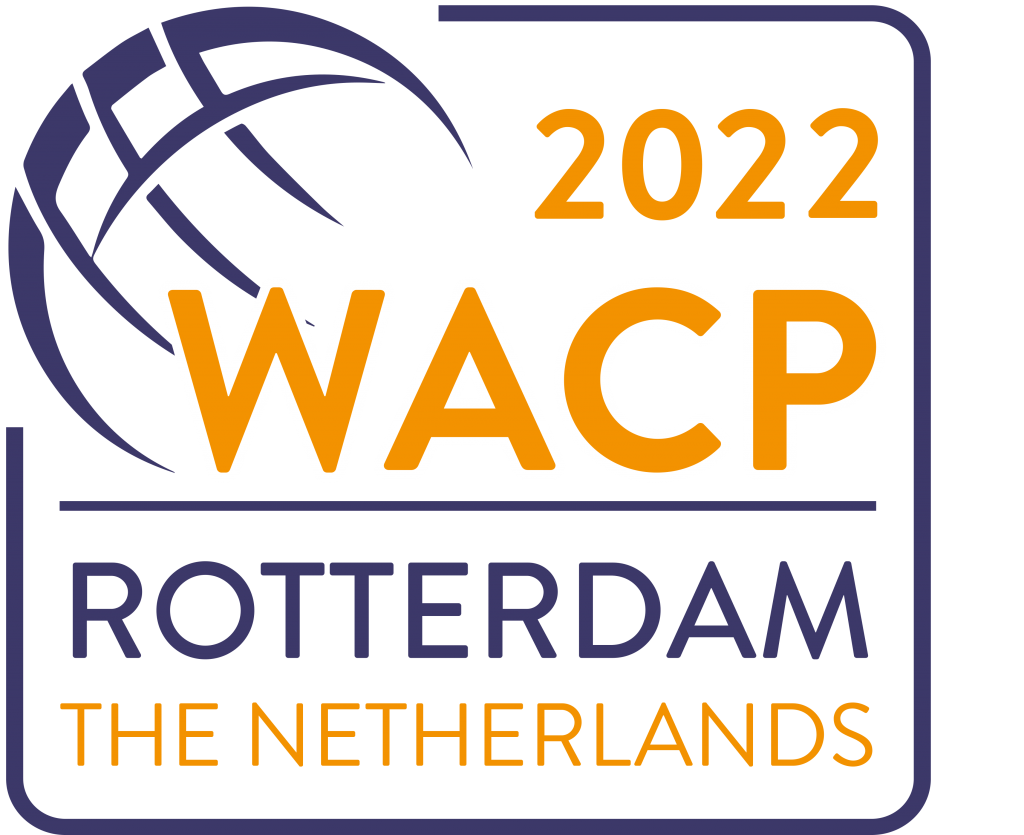Pre-conference Workshop 6
Workshop 6
Title:
Working with the Cultural Formulation Interview in the transcultural clinic
Theme:
CFI and CI
Speaker:
Roberto Lewis-Fernández, Samrad Ghane, Bäärnhielm and Simon Groenn
Time:
09:00 - 12:30 hrs
Additional workshop information:
In this workshop, experts on the Cultural Formulation Interview (CFI) will discuss their clinical experience using the CFI, a 16-item semi-structured interview protocol introduced in DSM-5 to guide cultural assessment during a mental health evaluation (Lewis-Fernández et al., 2016). Implementing a cultural formulation approach during the evaluation process helps contextualize the use of diagnostic categories and may enhance the validity of diagnosis in immigrant patients (Adeponle et al., 2012; Bäärnhielm & Scarpinati Rosso, 2015). The CFI aims to be comprehensive, thorough, standardized, skills-based, person-centered, and educational. It may improve clinical communication, help obtain new cultural information, elicit the patient’s perspective, and clarify what is really at stake (Aggarwal et al., 2015). The DSM-5 international field trial on the CFI found it feasible, acceptable, and clinically useful among patients, relatives, and clinicians (Hinton et al., 2015; Lewis-Fernández et al., 2017). However, barriers to implementing the CFI have also been reported (Aggarwal et al., 2013), including difficulties in its use with patients with severe mental health problems, such as acute psychosis, suicidal behavior, aggression, and cognitive impairment (Jarvis et al., 2020). Experiences with the CFI in Scandinavian countries have yielded some feasibility concerns regarding questions about cultural identity (Skammeritz et al., 2020; Wallin et al., 2020). In the Netherlands, clinical use of the Cultural Formulation Interview, and the Cultural Formulation approach more generally, have facilitated its structured implementation in the diagnostic process. Research has shown that questions about cultural identity may help clinicians understand their patients and reveal what is really at stake (Groen, et al., 2018). Led by Roberto Lewis-Fernández, the lead developer of the CFI, CFI experts will discuss their experience implementing the CFI in transcultural clinical practice. Questions to be discussed include: When should we conduct a CFI? How much time is needed to elicit cultural and contextual aspects of mental health problems? How should we approach asking questions about cultural identity? Should we exclude patients with severe mental illness? Audience participation will be highly encouraged.
References
Adeponle, A.B., Thombs, B.D., Groleau, D., Jarvis, E., Kirmayer, L.J. (2012). Using the cultural formulation to resolve uncertainty in diagnoses of psychosis among ethnoculturally diverse patients. Psychiatric Services, 63: 147-153.
Aggarwal, N.K., Nicasio, A.V., DeSilva, R., Boiler, M., & Lewis-Fernández, R. (2013b). Barriers to implementing the DSM-5 Cultural Formulation Interview: A qualitative study. Culture, Medicine, and Psychiatry, 37(3), 505-533.
Aggarwal, N.K., Desilva, R., Nicasio, A.V., Boiler, M., Lewis-Fernández, R. (2013a). Does the Cultural Formulation Interview for the fifth revision of the diagnostic and statistical manual of mental disorders (DSM-5) affect medical communication? A qualitative exploratory study from the New York site. Ethnicity and Health, 2015, 20:1-28.Bäärnhielm, S., Åberg Wistedt, A., & Scarpinati Rosso, M. (2015). Revising psychiatric diagnostic categorisation of immigrant patients after using the Cultural Formulation in DSM-IV. Transcultural Psychiatry, 52(3), 287-310.
Groen, S.P.N., Richters, J.M., Laban, C.J., Devillé, W.L.J.M. (2018). Cultural identity among Afghan and Iraqi traumatized refugees: Towards a conceptual framework for mental health careprofessionals. Culture, Medicine and Psychiatry, 42(1), 69-91.
Hinton L., Aggarwal N.K., Josif, A.M., Weiss, M., Paralikar, V., Deshpande, S., Jadhav, S., Ndetei, D., Nicasio, A., Boiler, M., Lam, P., Avelar, Y., Lewis-Fernández, R. (2015). Perspectives of family members participating in cultural assessment of psychiatric disorders: Findings from the DSM-5 International Field Trial. International Review of Psychiatry, 27(1):3-10.
Jarvis, E.G., Kirmayer, L.J., Gómez-Carrillo, A., Aggarwal, N.K., Lewis-Fernández, R. (2020). Update on the Cultural Formulation Interview. Focus, 18(1), 40-46.
Lewis-Fernández, R., Aggarwal, N.K., Hinton, L., Hinton, D.E., Kirmayer, L.J. (eds.) (2016). DSM-5 Handbook on the Cultural Formulation Interview. Washington, D.C., American Psychiatric Publishing, Inc.
Lewis-Fernández, R., Aggarwal, N.K., Lam, P.C., Galfalvy, H., Weiss, M.G., Kirmayer, L.J., Paralikar, V., Deshpande, S.N., Díaz, E., Nicasio, A.V., Boiler, M., Alarcón, R.D., Rohlof, H., Groen, S., Van Dijk, R.C.J., Jadhav, S., Sarmukaddam, S., Ndetei, D., Scalco., M.Z., Bassiri, K., Aguilar-Gaxiola, S., Ton, H., Westermeyer, J., & Vega-Dienstmeier, J.M. (2017). Feasibility, acceptability and clinical utility of the Cultural Formulation Interview: Mixed-methods results from the DSM-5 international field trial. The British Journal of Psychiatry, 210(4), 290-297.
Skammeritz, S., Glahder Lindberg, L., Lykke Mortensen, E., Norredam, M., Carlsson, J. (2020). Using the Cultural Formulation Interview in Denmark: Acceptability and clinical utility for medical doctors and migrant patients. Transcultural Psychiatry, 57(4), 556-566.
Wallin, M.I., Dahlin, M., Nevonen, L., & Bäärnhielm, S. (2020). Patients’ and clinicians’ experiences of the DSM-5 Cultural Formulation Interview: A mixed-method study in a Swedish outpatientbsetting. Transcultural Psychiatry, 57(4), 542-555.
